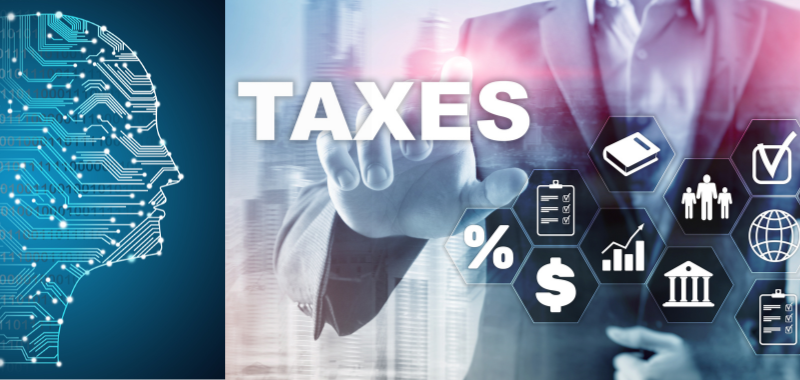Generative AI tools have the potential to significantly transform the Tax Profession.
Here are some key ways in which these tools can be utilized.
1. Automating Routine Tasks:
- Data Entry and Processing: Generative AI can automate repetitive tasks such as data entry, organizing financial data, and processing tax returns.
- Document Generation: AI can draft routine documents such as tax forms, reports, and correspondence with clients, saving time and reducing human error.
2. Tax Research and Analysis:
- Compliance: AI can keep up with the latest tax laws and regulations, providing updates and ensuring that tax filings are compliant with current legislation.
- Scenario Analysis: Generative AI can analyze different tax scenarios and provide insights on the most tax-efficient strategies for clients.
3. Client Interaction and Support:
- Chatbots and Virtual Assistants: These can handle common client queries, schedule appointments, and provide basic tax advice, improving client service and freeing up human professionals for more complex tasks.
- Personalized Advice: AI can analyze a client’s financial situation and provide tailored tax advice, improving the quality and relevance of the service offered.
4. Advanced Analytics and Forecasting:
- Predictive Analytics: AI can predict future tax liabilities and cash flow based on historical data, helping clients plan and manage their finances more effectively.
- Risk Assessment: Generative AI can identify potential risks and discrepancies in tax filings, helping to avoid audits and penalties.
5. Improving Accuracy and Reducing Errors:
- Error Detection: AI can review tax returns for errors or inconsistencies, ensuring higher accuracy and compliance.
- Fraud Detection: By analyzing patterns and anomalies in financial data, AI can help detect and prevent tax fraud.
6. Strategic Decision Making:
- Tax Planning: AI tools can assist in complex tax planning by simulating various strategies and their outcomes, helping tax professionals to make more informed decisions.
- Benchmarking and Performance Analysis: Generative AI can benchmark a client’s financial performance against industry standards, offering insights for improvement.
7. Training and Knowledge Management:
- Learning and Development: AI can create training modules and simulate tax scenarios for professional development.
By leveraging generative AI, tax professionals can enhance their efficiency, accuracy, and client service, while also focusing more on strategic and high-value tasks. However, it’s essential to address potential challenges such as data privacy, security, and the need for continuous monitoring and validation of AI outputs to ensure reliability and compliance with regulatory standards.
Credits

Swadhin Behura
One Business Services Team




